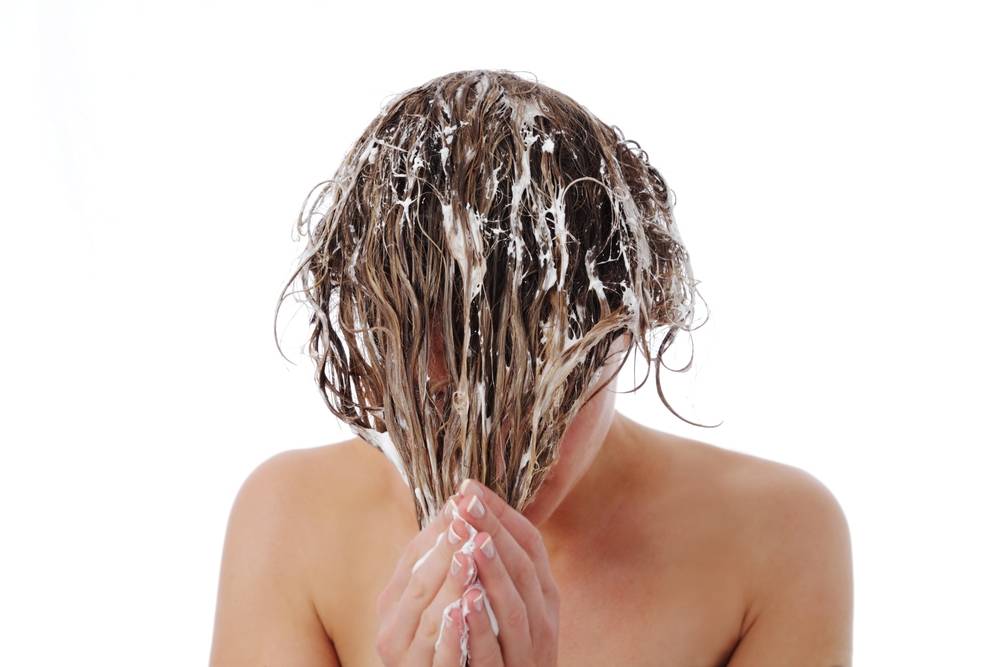Hair loss is a phenomenon that affects both men and women at different times in their lives. While losing a few hairs a day is completely normal, excessive hair loss can be a cause for concern. Understanding the underlying causes of this loss is essential to effectively treat it and prevent further damage. Hair loss can be caused by a multitude of factors, ranging from genetics to hormonal disorders, stress, and nutritional deficiencies. This article explores in depth the main causes of hair loss, while offering solutions to prevent and treat it, particularly with natural products like those from June Laboratoire.
1. Hormonal changes
Hormones play a vital role in hair growth and health. Any hormonal imbalance can affect the hair follicle life cycle and lead to excessive hair loss. In women, hormonal fluctuations are particularly pronounced during certain periods of life, such as pregnancy, menopause, or after childbirth. These changes can disrupt the normal hair cycle and cause hair loss.
Postpartum hair loss
The postpartum period is often marked by significant hair loss in new mothers. During pregnancy, estrogen levels are high, prolonging the hair growth phase. However, after delivery, these levels drop rapidly, causing massive hair loss that can last for several months.
The effects of menopause
Menopause is another time when hormonal fluctuations lead to hair loss. Decreased estrogen levels and a relative increase in androgens can contribute to hair thinning in middle-aged women.

2. Genetics
One of the most common causes of hair loss is genetic . This type of hair loss, called androgenic alopecia , is hereditary and affects both men and women. In men, this form of alopecia is often associated with baldness, which is characterized by a receding hairline at the temples and crown of the head.
Androgenic alopecia in women
In women, androgenic alopecia typically manifests as a gradual thinning of hair on the top of the head. Unlike men, women do not lose their hair completely, but it becomes thinner and sparse.
Since genetics is a factor that cannot be controlled, it is essential to treat this type of hair loss at the first signs in order to slow down the process and preserve hair density.

3. Stress
Stress , whether physical or emotional, is a common cause of hair loss. There are three main types of stress-related hair loss:
- Telogen Effluvium : This is a condition where sudden stress causes a large number of hair follicles to prematurely enter the resting phase (telophase), causing diffuse hair loss a few months after the triggering event.
- Alopecia areata : Stress can also trigger a form of hair loss called alopecia areata, where the immune system attacks hair follicles, resulting in patches of hair loss.
- Trichotillomania : This is a compulsive disorder where a person feels the urge to pull out their hair in response to stressful or anxious situations.
The good news is that stress-related hair loss is often reversible. By identifying and managing the source of stress, it is possible to reduce this form of hair loss and allow hair to grow back normally.
4. Nutritional deficiencies
Nutritional deficiencies also play a major role in hair loss. An unbalanced diet or restrictive diets can deprive hair of the essential nutrients it needs to stay strong and healthy.
The most common deficiencies
- Protein : Hair is made primarily of keratin, a protein. A protein deficiency can weaken hair and cause hair loss.
- Iron : Iron deficiency, often linked to anemia, can lead to diffuse hair loss, particularly in women.
- Zinc and biotin : These two nutrients are essential for healthy hair follicles. A deficiency in zinc or biotin can cause hair to weaken, making it more likely to fall out.
- Vitamin D : A lack of vitamin D can disrupt the hair growth cycle and lead to excessive hair loss.

Nutritional solutions
To prevent hair loss caused by nutritional deficiencies, it is important to eat a balanced diet rich in protein, vitamins, and minerals. At the same time, dietary supplements can play a key role in addressing deficiencies and strengthening hair health. Solutions like the Anti-Hair Loss Hair Formula from June Laboratoire. are specially formulated to support hair growth with a combination of essential ingredients such as zinc, biotin, and marine collagen.
5. Medical treatments and medications
Some medical treatments and medications can have unwanted side effects, including hair loss. For example, chemotherapy, used in cancer treatment, is known to cause massive hair loss because it attacks rapidly dividing cells, including hair follicles.
Other medications, such as antidepressants, blood thinners, and blood pressure medications, can also contribute to hair loss in some people.
It is important to talk to your doctor if you notice hair loss after starting medical treatment, as there are often alternatives or solutions to minimize this side effect.
6. Scalp Imbalances
An unbalanced scalp can also be a cause of hair loss. Conditions such as seborrheic dermatitis , psoriasis, or fungal infections can lead to inflammation of the scalp, causing hair loss.
Scalp health
Maintaining a healthy scalp is essential to preventing hair loss. This includes regular hair hygiene and using the right care to combat imbalances. Products formulated with soothing ingredients, such as those from June Laboratoire , can help rebalance the scalp, reduce inflammation, and promote hair regrowth.

7. Aggressive hairstyles and treatments
Tight hairstyles like braids, ponytails, or frequent use of chemicals like relaxers or hair dyes can damage hair follicles and lead to long-term hair loss. This type of hair loss, known as traction alopecia , occurs when hair is constantly pulled or subjected to harsh treatments.
It is important to adopt gentler hair care practices to prevent traction alopecia, such as choosing looser hairstyles and using less harsh hair products.
8. Seasonal changes
Seasonal changes can also impact hair health. It's common to experience more hair loss in early fall or spring, as hair growth cycles adjust to changes in temperature and light.
This phenomenon is usually temporary and does not require specific treatment. However, proper care during these periods can help minimize seasonal hair loss and strengthen hair.













